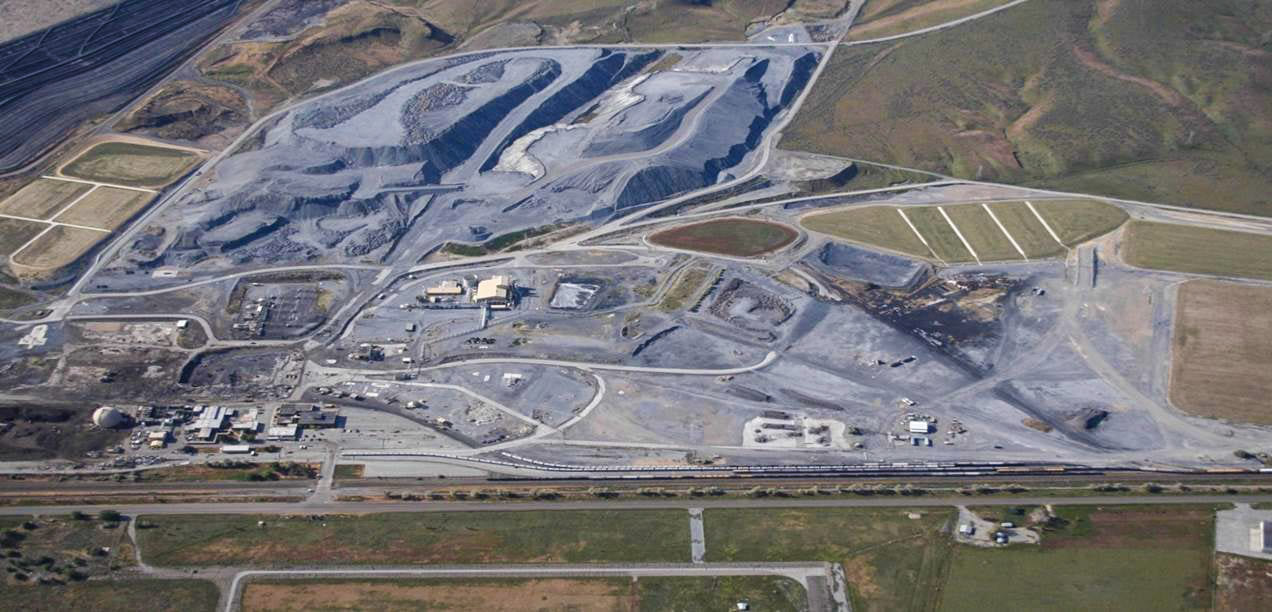Indianz.Com > News > Indian Country Today: Shoshone-Bannock Tribes prevail in sovereignty dispute

Tribes prevail in fight with chemical company
The US Supreme Court has declined to hear a challenge by FMC Corp., meaning the Shoshone-Bannock can regulate cleanup, charge $1.5M waste fees
Wednesday, January 13, 2021
Indian Country Today
The Shoshone-Bannock Tribes can continue charging food and chemical conglomerate FMC Corp. a fee of $1.5 million a year for storing hazardous waste on reservation land.
The U.S. Supreme Court on Monday declined to hear a challenge to a lower court decision in the tribes’ favor.
In 2019, the 9th U.S. Circuit Court of Appeals ruled that the Shoshone-Bannock Tribes could charge FMC a fee for storing the waste from its now-closed phosphorus processing plant on the Fort Hall Indian Reservation in Idaho. The ruling by the three-judge appeals court panel said the tribes have jurisdiction over the company.
Chairman Devon Boyer said he was pleased with the high court’s decision and that “FMC is finally required to honor their agreement to comply with tribal jurisdiction.”
“This decision helps all of Indian Country in efforts to protect tribal lands and natural resources as well as the betterment of all people of southeast Idaho,” Boyer said in a statement.
Gregory G. Garre, an attorney for FMC Corp., previously argued that the company shouldn’t have to pay the fee. He told the 9th Circuit panel that the tribes’ demand could be in perpetuity because the waste from the former production plant is now a Superfund site, and a safe cleanup could take decades.
FMC had paid the fee from 1998 to 2001 after reaching an agreement with the tribe. But it quit doing so in December 2001 when the plant stopped its phosphorus operations.
Sovereignty wins another battle!!!
— Cricket1971 (@1971Cricket) January 11, 2021
They need to clean up the ponds not cover them up! The land is rotten around the old site; and all that waste is buried, this company packed it’s bags and left. Now they will have to pay to either clean it up or monitor until eternity!
Was scared that SCOTUS would narrow tribal civil jurisdiction further if it took this case. This is a big win for the Shoshone-Bannock Tribes and Indian Country! https://t.co/iWvN9aE7JT
— Tanner Allread (@tannerallread) January 11, 2021
9th Circuit Court of Appeals Decision
FMC Corporation v. Shoshone-Bannock Tribes (November 15, 2019)
This article originally appeared on Indian Country Today LLC, a nonprofit, public media enterprise. ICT does not charge for subscriptions and tribal media (or any media, for that matter) can use the publication’s content for free. Contribute to the nonprofit Indian Country Today.
Search
Filed Under
Tags
More Headlines
Native America Calling: No ordinary animal
Native America Calling: Safeguards on Artificial Intelligence
NAFOA: 5 Things You Need to Know this Week
Chuck Hoskin: Cherokee Nation takes the lead for our environment
Native America Calling: Earth Day assessment for Native peoples
Cronkite News: Gathering addresses ‘epidemic’ among Native people
VIDEO: Cody Desautel on tribes and federal forest management
AUDIO: Legislative Hearing on Discussion Draft of Forest Management Bill
Native America Calling: Remembering the 1974 Navajo border town murders
Native America Calling: Can the right approach close the Native immunization gap?
Cronkite News: Long COVID cases remain high in Arizona
Native America Calling: Eyes in the sky for development, public safety, and recreation
Native America Calling: Three new films offer diverse views of Native life
NAFOA: 5 Things You Need to Know this Week
Chuck Hoskin: Cherokee Nation works toward cure for arthritis
More Headlines
Native America Calling: Safeguards on Artificial Intelligence
NAFOA: 5 Things You Need to Know this Week
Chuck Hoskin: Cherokee Nation takes the lead for our environment
Native America Calling: Earth Day assessment for Native peoples
Cronkite News: Gathering addresses ‘epidemic’ among Native people
VIDEO: Cody Desautel on tribes and federal forest management
AUDIO: Legislative Hearing on Discussion Draft of Forest Management Bill
Native America Calling: Remembering the 1974 Navajo border town murders
Native America Calling: Can the right approach close the Native immunization gap?
Cronkite News: Long COVID cases remain high in Arizona
Native America Calling: Eyes in the sky for development, public safety, and recreation
Native America Calling: Three new films offer diverse views of Native life
NAFOA: 5 Things You Need to Know this Week
Chuck Hoskin: Cherokee Nation works toward cure for arthritis
More Headlines